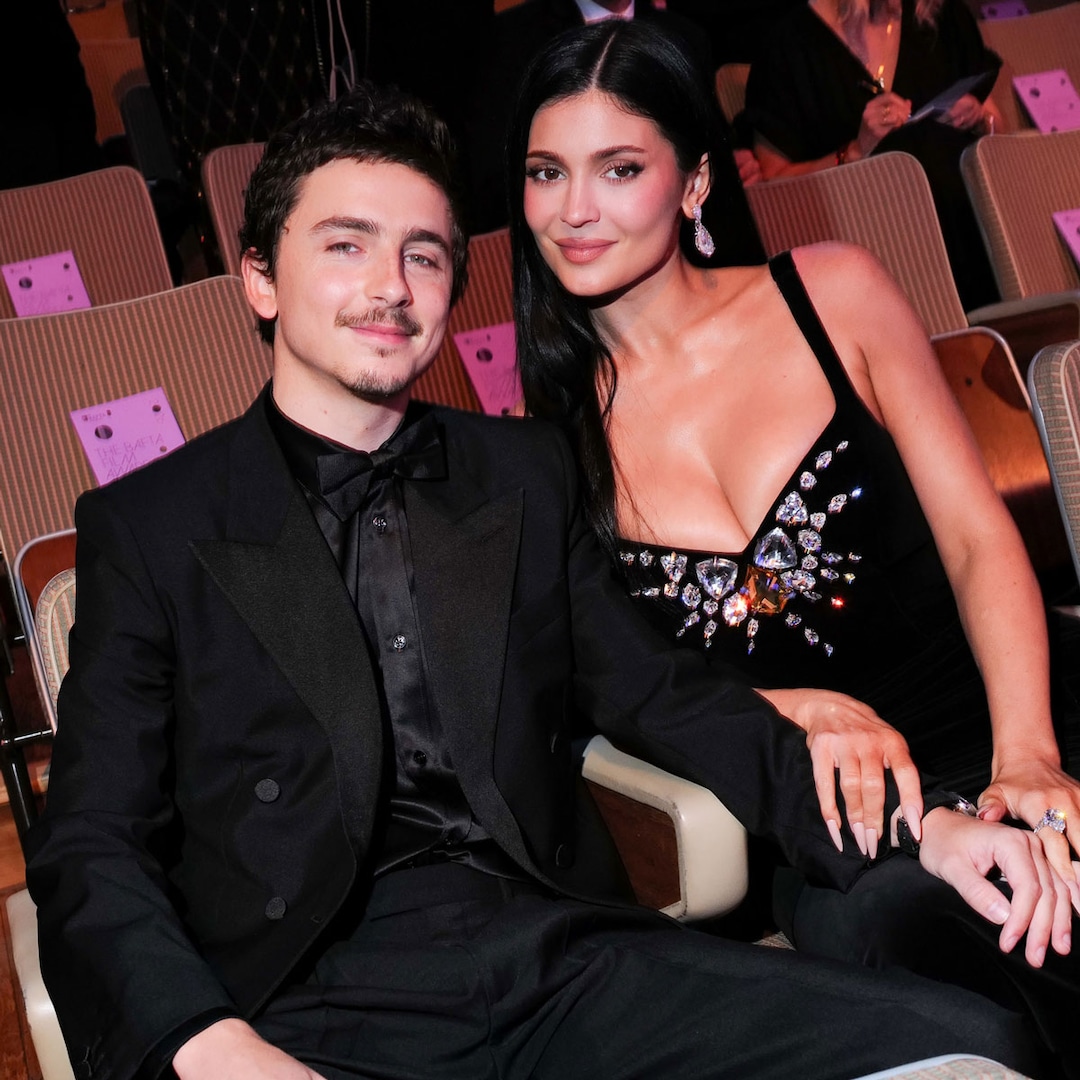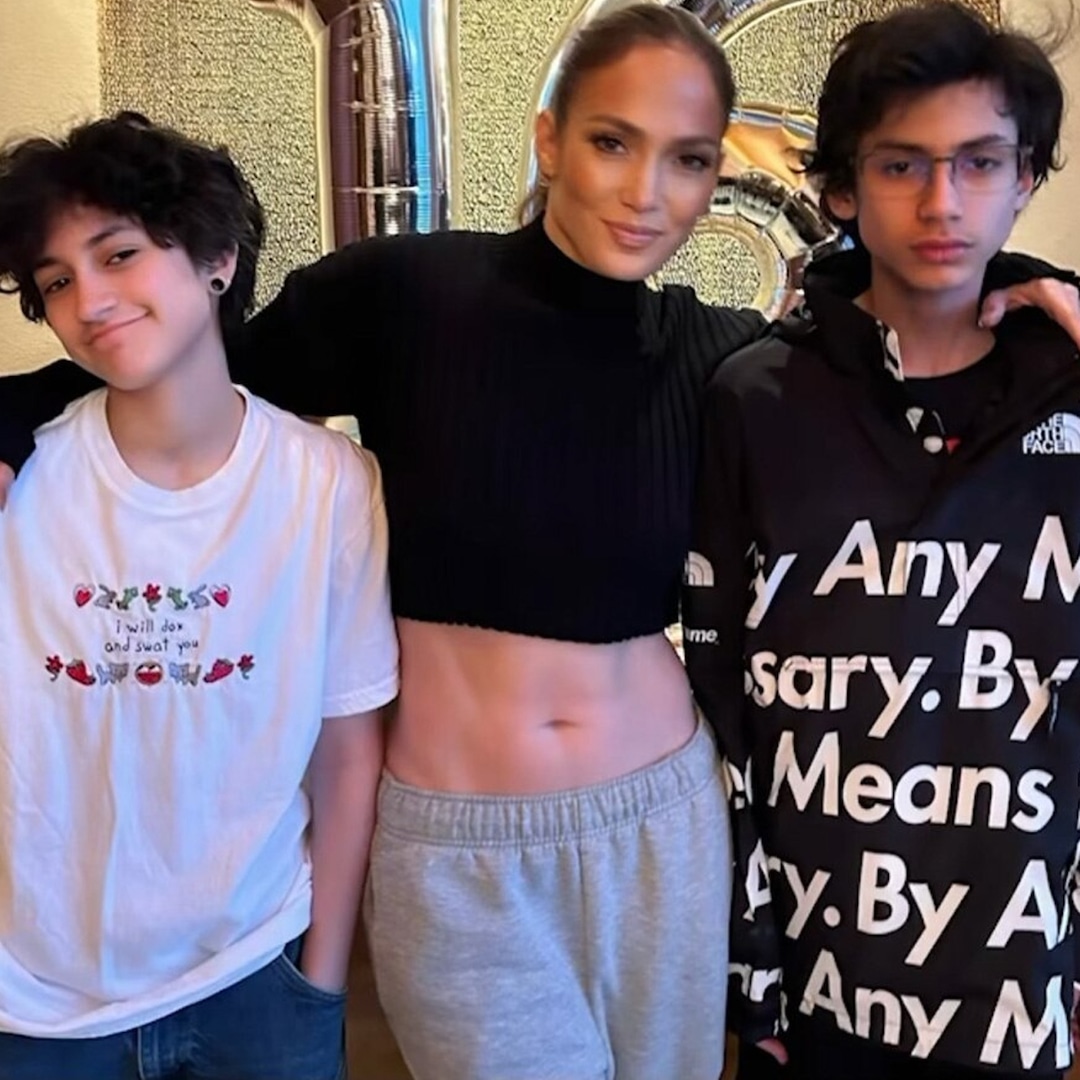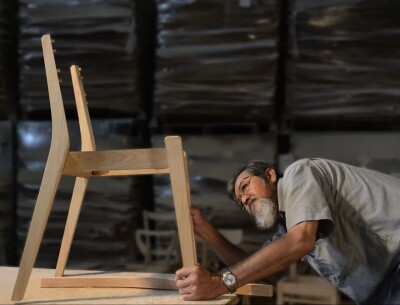Should Taylor Swift be calling herself a showgirl?


In the final, titular track of her last album, The Life of a Showgirl, Taylor Swift proclaims, "Now I know the life of a showgirl, babe."
But does she?
This question, like many circling Swift's latest record, has the internet taking sides: some who believe Taylor Swift is indeed a showgirl, and others who think she's appropriating sex workers.
The term "showgirl" carries certain connotations — one of a sexy, burlesque performer in a seedy nightclub or Las Vegas stage — that don't quite align with Taylor Swift's brand. But then again, maybe Swift is redefining the term itself. Mashable spoke with adult entertainers to see if Swift has that ol' razzle dazzle.
What is a showgirl?
If you Google the definition of "showgirl," you'll find the Oxford Languages definition: "an actress who sings and dances in musicals, variety acts, and similar shows."
Swift sort of fits that description. Acting isn't her forte (though she did more recently appear in Cats and Amsterdam), but she does sing and dance. However, digging a little further, "showgirl" has a more specific meaning.
In a 1994 article, "The Glorifier," about 20th-century Broadway impresario Florenz Ziegfeld Jr. and the creation of the American showgirl, Michael Lasser wrote that in the early 1900s, showgirls "offered something new: the tantalizing promise of sexual perfection."
Lasser wrote, "Despite the relish with which he fussed over details, Ziegfeld never lost sight of his own sustaining vision of beauty, sexuality, and audience appeal." He selected every showgirl himself and said they must attract men and promise both romance and excitement.
"Every night, from 8:40 p.m. until just before midnight, the showgirl was fantasy incarnate," Lasser wrote. Sexuality and fantasy, then, were inseparable from the showgirl.
Ziegfeld is arguably most known for his revue Ziegfeld Follies, which inspired the long-running Las Vegas-based revue Jubilee! — which then inspired the visuals for The Life of a Showgirl, according to designer Bob Mackie.
Jubilee!, which ran in Vegas for over 30 years, featured many topless performers. In 2015, Thrillist reported that, "Jubilee! is the last surviving representative of Vegas' signature form of entertainment: the epically magnificent topless review."
For more confirmation, look at cinematic showgirls. In the 1995 film Showgirls, the protagonist begins her Vegas career dancing at a strip club and then becomes the topless star of a big production.
The same is true for 2024's The Last Showgirl, in which Pamela Anderson plays an aging topless performer in Vegas.
So…is Taylor Swift a showgirl?
Shortly after Swift announced the album title in August, performer and model Gwen Adora posted on Bluesky that "Taylor Swift calling herself a showgirl is stolen working-class valour."
Despite replies from Swift fans that insist she is a showgirl, Adora stands by her point.
"People think of taking clothes off when they think of showgirls," she told Mashable, "or Vegas performers, feathers, working class ladies in a can-can line…to me, that's not who Taylor Swift is."
"Taylor Swift is a hard worker and a good performer, but she doesn't have a working-class background in doing revue shows or doing theater performances," Adora continued, "and she's not doing erotic entertainment."
Swift's brand is distinctly girl next door — and despite the sexuality of her new song "Wood," her raves about her fiancé Travis Kelce's penis are all done in euphemisms. Even so, the lyric videos released in AMC theaters last weekend swapped some of the more suggestive lines for something more kid-friendly, like "open my thighs" to "open my skies."
Prior to the album release, Adora theorized that Swift would use the term as a metaphor and character in her album. But once the album came out, the visuals didn't really coincide with the vibes of the songs, which take musical inspiration from disco and 2000s pop punk. There are songs about being a performer (or, really, being famous), a mainstay of Swift's most recent work, including "Elizabeth Taylor," which explores whether fame is fleeting, and "Father Figure," which examines her power in the industry. But other than the titular track, there is not much about the showgirl life on the album. And until the last verse, Swift herself isn't the showgirl in question.
"Before the album came out, I would have assumed there would be strong metaphoric ties and a bit of research to make the symbolism work for her," Adora texted Mashable on the day of the album release. "Now it just feels like Taylor Swift is just appropriating a title for fun? For pure aesthetic? This feels extra careless."
Adora believes the showgirl aesthetic is an unusual choice, given that it's an industry with a deep history of labor exploitation and marginalization. "Especially during an era of modesty, labor rights movements, and suppressing sexual expression," Adora said, harking to the wave of age verification laws that are serving to chill both explicit and non-explicit content in the U.S. and elsewhere. There is also a surge of laws attempting to ban pornography in the U.S., on top of bans on drag performance in certain states.
In terms of modesty, the "tradwife" has risen online and in popular culture — including in Swift's music. In "Wi$h Li$t," she doesn't dream of career achievements, but of having kids and a lawn with a basketball hoop.
For the New York Times, journalist Lissa Townsend Rodgers wrote that Taylor Swift isn't a showgirl either, because she's running the show.
"She's not simply dancing the steps the choreographer teaches her and wearing the costume the designer pins on her: She created the show," Rodgers wrote. "She's not watching her bank account and auditioning for her job every six months: She's the boss."
Others, however, feel differently.
"I think that most adult entertainers would react favorably to Taylor Swift's use of the term 'showgirl' on her new album," said independent filmmaker, content creator, and adult performer MsSexySaigon in an email to Mashable. While "showgirl" has been historically associated with Las Vegas performers in musical productions, the term expanded to include strippers with the decades-ago launch of the adult entertainment club, Deja Vu, she continued.
With Instagram, OnlyFans, and camming today, there's an argument that women who are digital-media entrepreneurs and possess a broad skill set (including producing, scripting, set design, filming, acting, dancing, and marketing) are, in fact, showrunners.
"Would these show performers/show runners (or showgirls) in some way feel elevated by the fact that Ms. Swift, in her artistic vision, chose to identify with the term, 'showgirl'?" Saigon asked. "Could they relate to and identify with aspects of the experiences of the show business highs and lows that Taylor Swift explores in her music?"
"I think that the answer to both questions is 'yes,'" she said.
Swiftly changing language
Adora believes that The Life of a Showgirl will have an impact that includes a shift in the meaning of "showgirl."
For one thing, Swift has many more people talking about showgirls in general. According to Google Trends, searches for "showgirl" have blown up 1,957 percent in the past quarter.

"Now that word has a different meaning to it, because Taylor Swift and her team have given it a different meaning, whether their intention was to do that or not," Adora said. "That's just how mega popstars work."
"Nothing is divorced from how it impacts culture and how people use language," she continued. Now, if people use "life of a showgirl" to caption their birthday and Halloween social media posts or Stories of themselves going to the movies, the term "showgirl" will be distilled, Adora opined, to make it for commodifiable to a larger audience.
This "takes away from the actual definition of the term and takes away from the hard work, effort, and glamor that actual working show-people, showgirls, show-women, show-men, put into their artistry and their craft," Adora said.
Whether this Swift-ladden showgirl meaning will take root in the long term remains to be seen, but our feeds will be overtaken with it — and with Portofino orange — for the foreseeable future.















































